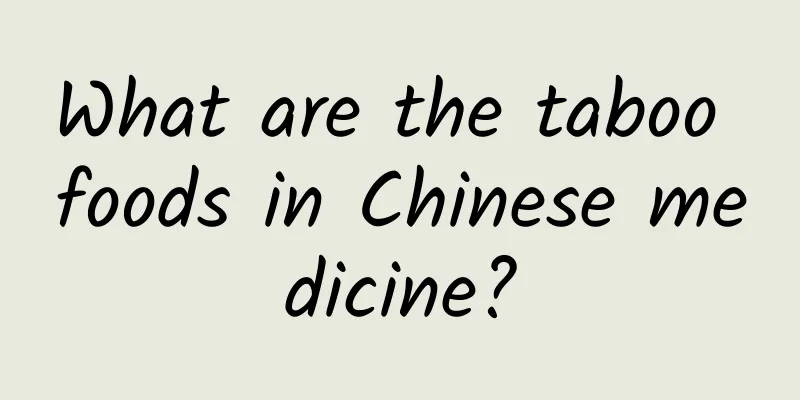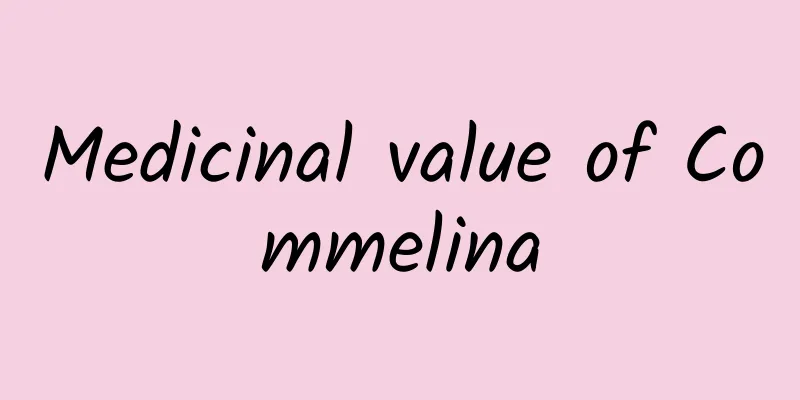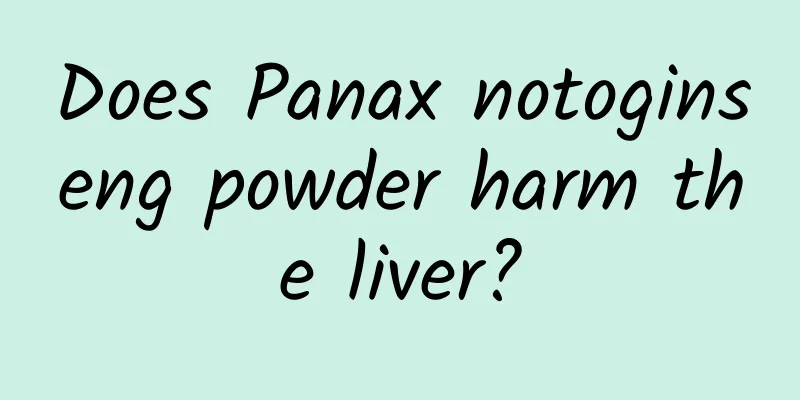What are the taboo foods in Chinese medicine?

|
Maybe many of us now like to use traditional Chinese medicine to help ourselves treat diseases, but in the process of taking traditional Chinese medicine, we should pay special attention to diet. Never eat food that conflicts with traditional Chinese medicine, otherwise it may make our own traditional Chinese medicine fail to achieve its original healing effect. Let's get familiar with the taboo foods of traditional Chinese medicine. The incompatibility taboos of Chinese medicine are that certain drugs can produce opposite or hostile relationships after formulation, which may reduce the efficacy of each other or induce toxic side effects, so they are contraindicated for use together. According to the ancient Chinese medical books, common Chinese herbal medicines with incompatible combinations include: Aconitum with Pinellia, Trichosanthes, Fritillaria, Bletilla striata, Bletilla striata, Licorice with Sargassum, Gelsemium elegans, Daphne zedoaria, Euphorbia, Veratrum with ginseng, Salvia miltiorrhiza, Scrophularia ningpoensis, Adenophora stellaria, Sophora flavescens, Asarum, Paeonia lactiflora, as well as sulfur with potassium nitrate, mercury and arsenic, wolfsbane and realgar, croton and morning glory, clove and Curcuma, Aconitum with rhinoceros, ginseng with Notopterygium wilfordii, saltpeter with Trillium, cinnamon with red ochre, etc. The main contraindications for medication for pregnant women are to avoid fetal movement and abortion. Because pregnant women often have poor tolerance to extremely cold or hot drugs, strong purgatives, blood-breaking and blood-stasis-removing drugs, and highly toxic drugs, the relevant drugs must be avoided. Common Chinese herbal medicines that are contraindicated for pregnant women include: croton, morning glory, euphorbia, musk, trillium, leech, curcuma, blister beetle, horsefly, gelsemium elegans, genkwa, and pokeweed; Chinese herbal medicines that pregnant women must use with caution include peach kernel, safflower, rhubarb, dried ginger, cinnamon, immature bitter orange, and aconite. When taking Chinese medicine, try to eat less irritating foods, and do not eat ginger, onions, and garlic, as these may affect the efficacy of the medicine. Also, try not to eat irritating foods, as these may aggravate your condition and greatly delay the effect of your own healing. |
<<: What is the pine pollen beauty method?
>>: What is the medicinal value of red dates?
Recommend
How did pepper, the "king of spices" that crackles in the pot, gain a foothold on the Chinese dining table?
A brief history of the development of pepper in C...
Zhang Xudong: Only when the black soil is darker can we eat better
If we cannot ensure the continued production of N...
What a "penalty"! The anchor was suspected of picking a national second protected plant, and the police intervened
"The Qinghai-Tibet snow lotus is picked in i...
The efficacy and function of watermelon frost
Watermelon frost is a very nutritious and preciou...
What is the difference between confirmed and asymptomatic infection?
Mixed Knowledge Specially designed to cure confus...
Today, let’s talk about the story of scientists and snakes.
New Year, New Atmosphere, the Spring Festival of ...
The efficacy and function of rouge
Rouge is very familiar to everyone. Rouge has a l...
The best opportunities for hotels to use social media in 2012 (Part 1)
Niels Bohr once said: “Prediction is difficult, e...
Can wolfberries still be eaten after getting wet?
Wolfberry, a kind of precious medicinal material,...
Is Thousand-root Grass Poisonous?
I believe that friends who have lived in the coun...
Being afraid of thunder is not a sign of being timid.
Audit expert: Yin Tielun Deputy Chief Physician, ...
Shanxi, the "sleeping province", has also become popular! Is the "nap gene" not groundless?
It is said that the two things that a Shanxi pers...
The efficacy and function of underground pearls
As a traditional Chinese medicine, underground pe...
The efficacy and function of okra root
In daily life, people are not only very familiar ...
The efficacy and function of fine caraway seeds
As people's living standards continue to impr...









